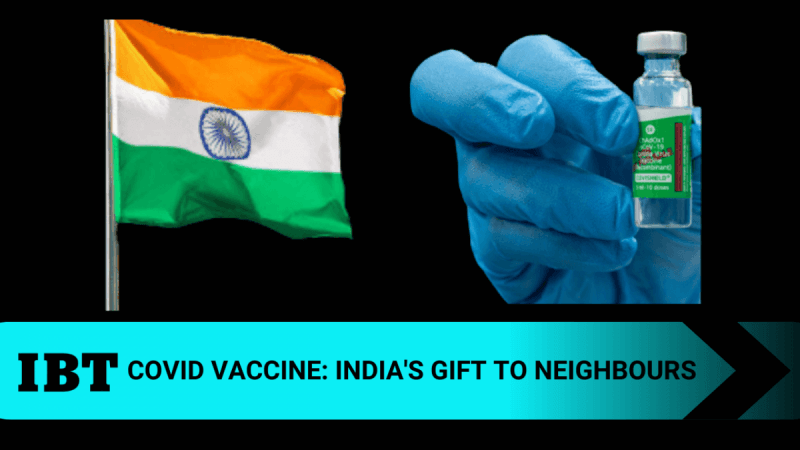Numbers matter and at the moment who knows this better than India, having unfortunately registered its highest ever daily tally of 115,736 Covid cases on Wednesday. Keeping up with the Covid numbers are also the vaccine doses, with 4.3 million vaccinations being administered in the corresponding period.
Further sharing details about the vaccine rollout, Adar Poonawalla, CEO, Serum Institute of India, in an interview with MOJO, said that currently vaccinating 2 to 3 million a day would be the maximum limit.
"Today, we are giving 60 million doses a month which will be 70 million in the next month. The ramp up will come in June-July where we can make 100 million a month." He adds, "You add that to Bharat Biotech's capacity and all the vaccine producers coming about, I don't know if we can cross more than 3 million a day."

Since currently, no country is exceeding that on a daily basis, he also said that is a good level to be at.
But how many vaccines do we need to avert the lockdown?
Covid vaccine, like with most things in the pandemic, has found itself battling speculations and misinformation. One of which happens to be on the exact number of days that should be given between two doses.
"If you look at non-Covid vaccines as well, the longer the gap you give between the doses, the better their efficacy," he further said.
Talking about several arms of trials, he said the doses were 60 to 70 per cent effective if they were given one month apart and in the other trial, the efficacy was found to be 90 per cent where the doses were 2 to 3 months apart.
Vaccine not a bullet-proof vest, it's a shield
As for looking at vaccines for averting the lockdowns, he said it's time to de-link the two. "It is not a bulletproof vest. That's why we call it the shield. It may not necessarily reduce transmission to an extent as to what we imagined it to do. But it will de-burden the hospitals and reduce hospitalisations by 90 per cent. Even with one dose, you have 95 per cent efficacy against hospitalisation. 95 per cent with what we have seen, it's a vaccine against the severity of the disease."
Putting nation first
Having exported fifty per cent of the stocks in January and February, he said now every nation is looking after their people first. "We need to temporarily prioritise our nation first."
Something that every nation is doing at the moment, with Europe having banned exports and the US banning raw materials for vaccine. He also said that the process of putting India first cost him contractually. "I had to compromise on all legal contracts. The heads of the state, the Prime Ministers and Presidents had to be explained why we are not able to supply these doses to them. Eventually they understand. You can't please everybody all of the time. We are trying to please as many people as much as possible." However, India has exported to 70 countries so far.

Commercially speaking, he added, "We have chosen as a vaccine industry to support the government of India and people of India by providing this for a temporary period at this price and sacrificing exports. Imagine the vaccine industry has actually lost billions of dollars of revenue but we are happy to do that for our nation for a temporary period of time. We have also lost a lot of goodwill with our export partners, contractual obligations."
Grant of Rs 3,000 crore from GoI
There are no easy fixes to issues of numbers. He said that SII needs a Rs 3,000 crore grant from the government to ramp up production and capacity of the Covishield vaccine beyond 100 million doses a month. SII's capacity ramp-up is crucial since the GoI has already used up 8 crore vaccines. And given the six-fold rise in Covid cases in just last month and the second wave of infection staring at the nation, at the current production capacity, the government cannot vaccinate more than 2 to 3 million people a day.
Poonawalla also said that he'll explore other options for funds, bank loans and advances against supplies if the government wasn't able to give a grant.









